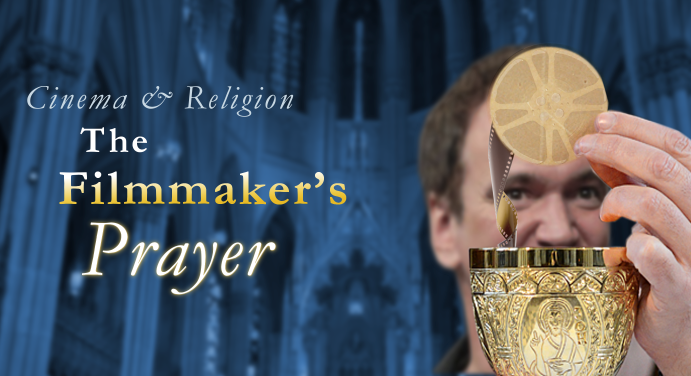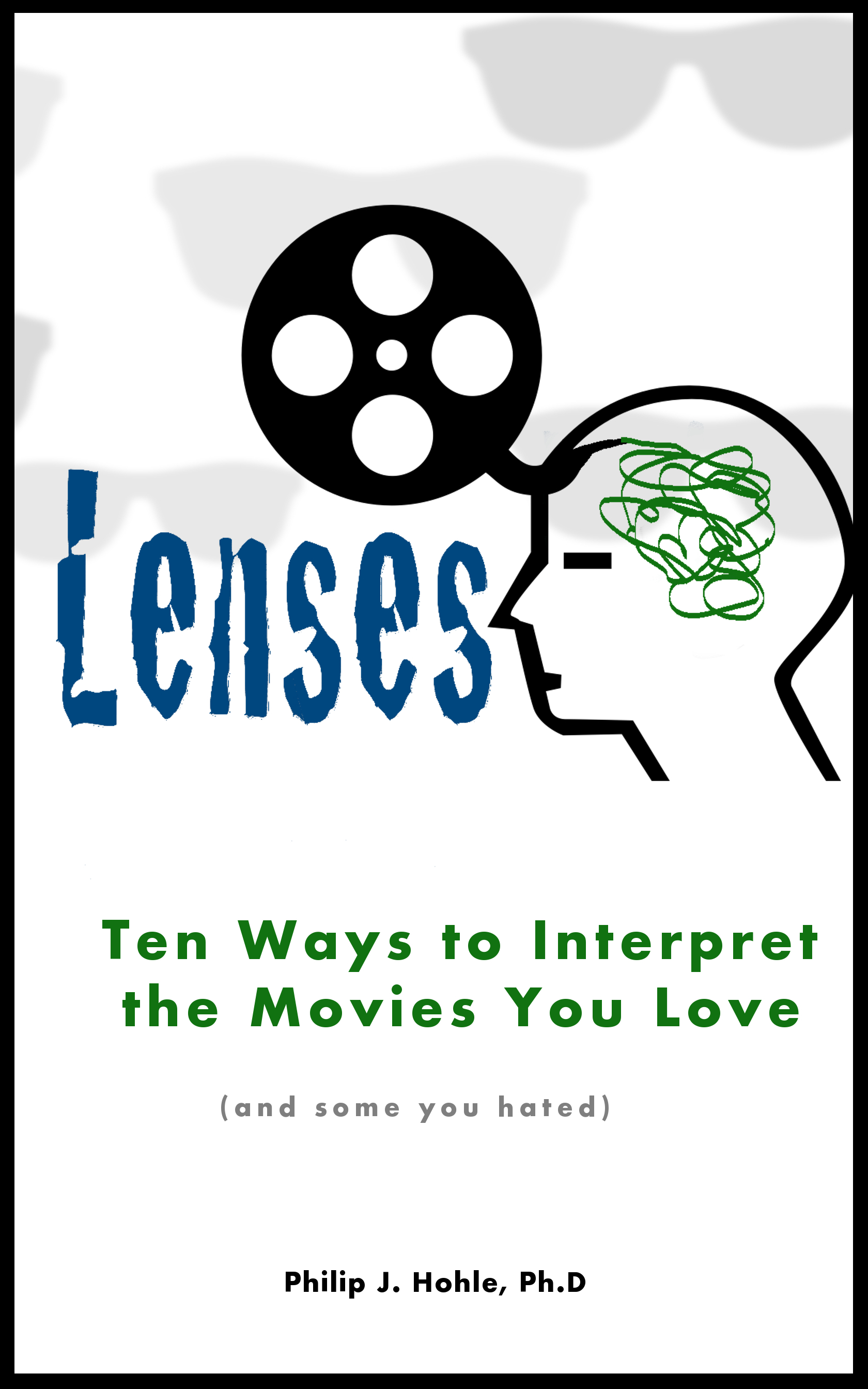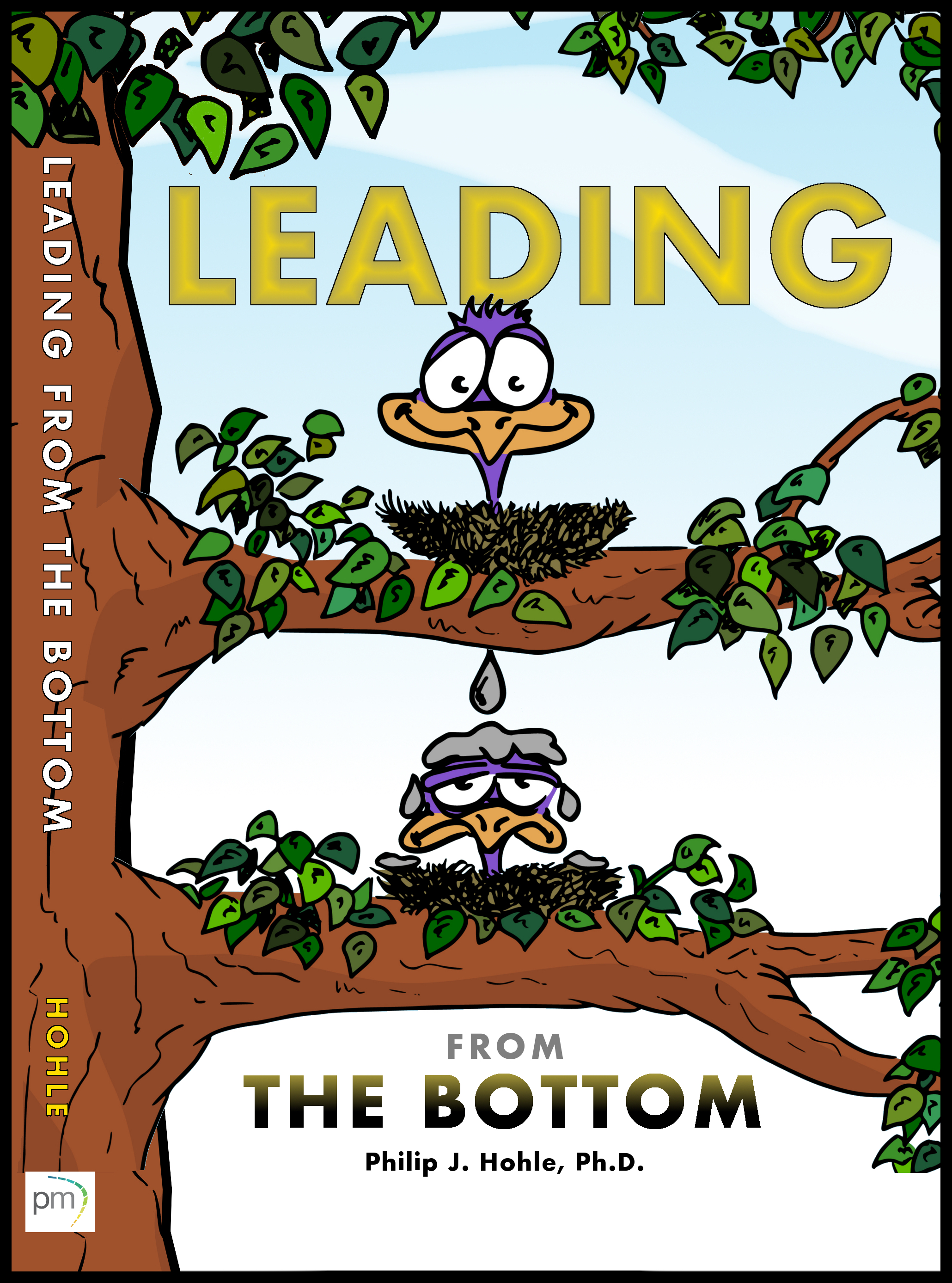
Excerpt from THE FILMMAKER’S PRAYER
© Philip J. Hohle
. . . According to Barna and Gallup polls, most of the residents in the U.S. are religious—or at least, we claim Christianity or some other mainstream faith-based worldview. Is it not strange then, that filmmakers often avoid addressing anything serious about religion in their movies? At times, religion does play some positive minor role in the plot, but religiosity is more often the cause of the antagonist’s opposition to the less-religious protagonist than the reverse. It has become self-evident; religion is too complicated or fragmented for a scriptwriter to use as background for her characters. In making a character too religious, the writer runs the risk of losing some of the consubstantiation a viewer needs in order to like a character.
In spite of filmmaker’s reluctance to make the celluloid sacred, I will argue in this book that films are full of religion. Both unconsciously and consciously, filmmakers infuse religion into the story in subtle ways, which can be missed unless the viewer is able to interpret the film on a less conventional level. Furthermore, I propose that if the viewer is not aware of the filmmaker’s religious sense-making within their created world, they are more subject to influence or even conversion. Considering the power of film, one can argue that the filmmaker is today’s tent-revival evangelist. But of course, most of this influence is worked in the unconscious and not always recognized in a conventional read of the film.
In reading on, there will be some terms I use often that help shape the argument. As a matter of fact, Cinema & Religion is the sequel to Lenses, my previous book revealing ten perspectives one can use to interpret and make sense of movie narratives. . . .
[section omitted]
. . . This brings us back to the fundamental premise of this book. Films are full of ideology, and that ideology is often an identifiable worldview that is promoted as passionately as any religion. In these pages, we will compare the values, assumptions, and beliefs represented in films that, not only entertain us, but they comfort or disrupt us; they instruct and motivate us; they help us make sense of our lives. I hope that sounds like religion to you.
This book will:
- Identify the key religious themes commonly found in narratives.
- Show how these themes can be found and examined in a film.
- Illustrate how the religious perspective will reinterpret the role and function of characters, the meaning of signs, and even the plot found in a movie.
- Help the reader compare and contrast the ideological messages some popular movies to the divine story in Christianity.
- Advance your emerging fluency as a lay critic, becoming more confident in recognizing the ideology and theology of a film.
- Help you find a voice in communicating a case for its value or lack of value to our world. Ultimately, you can help shape the conversation over the film’s contribution to our culture’s grand narrative.
- Motivate you to respond to an exigence (an urgent issue) raised by the film viewing experience.
- Affirm and strengthen your appreciation for the power of film and the ability of the filmmaker to bring the viewer to experience transcendence in the story.


